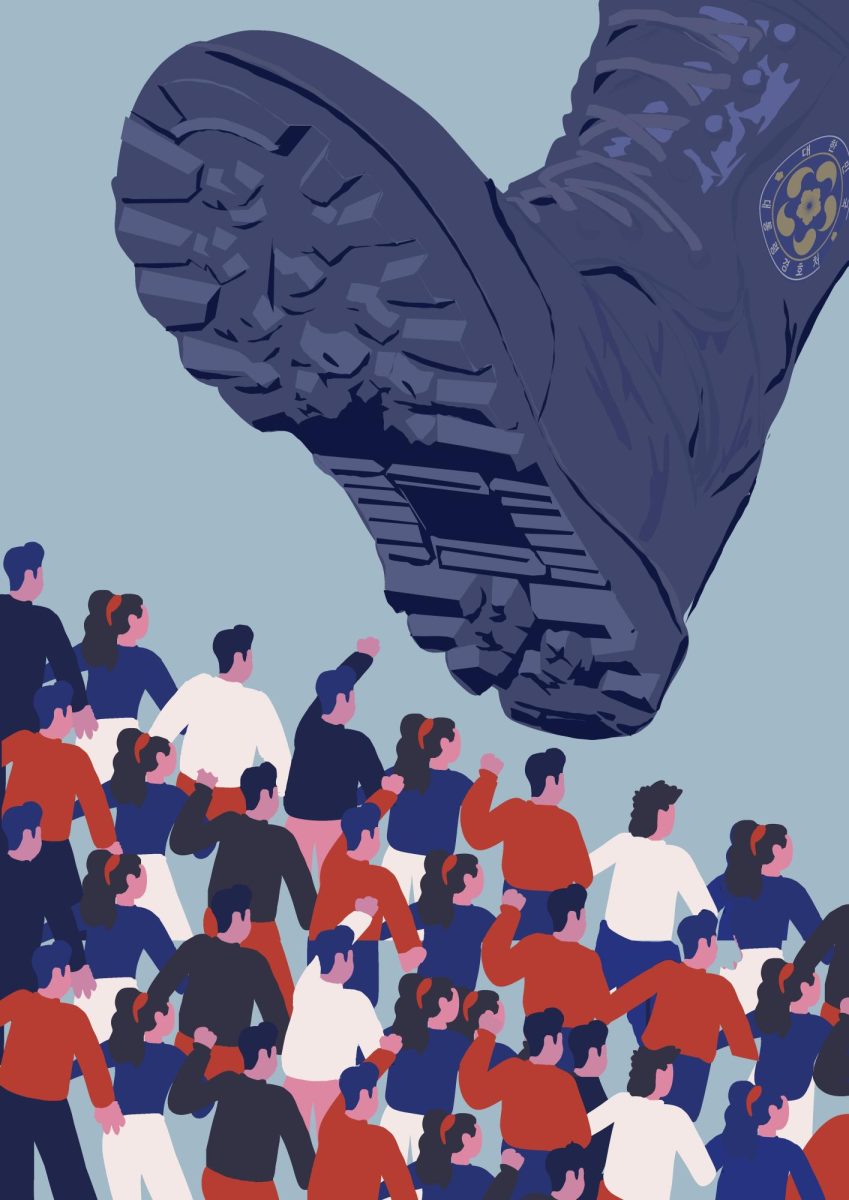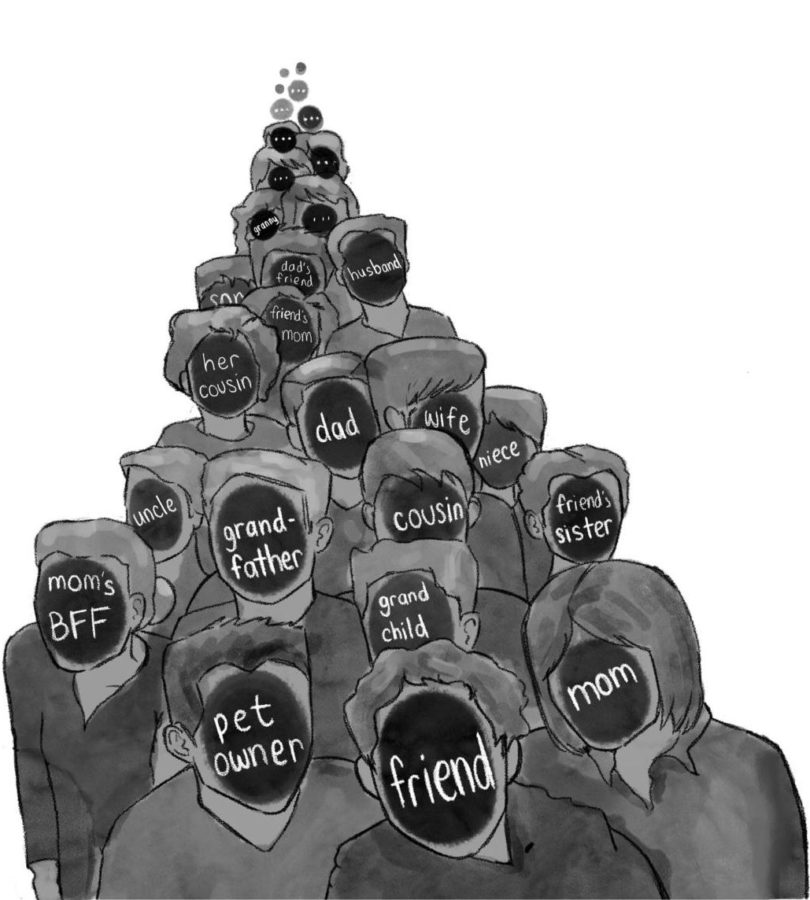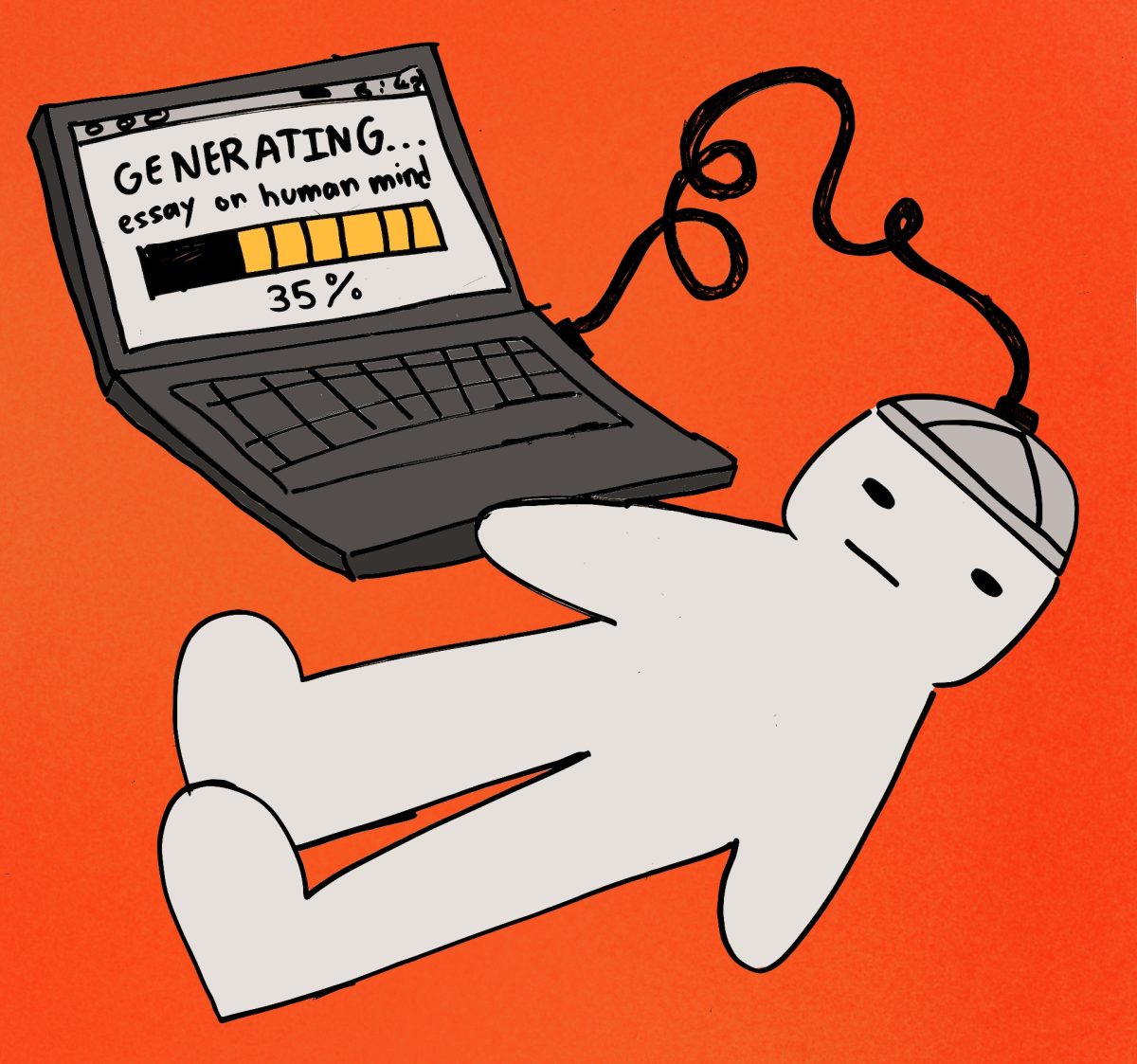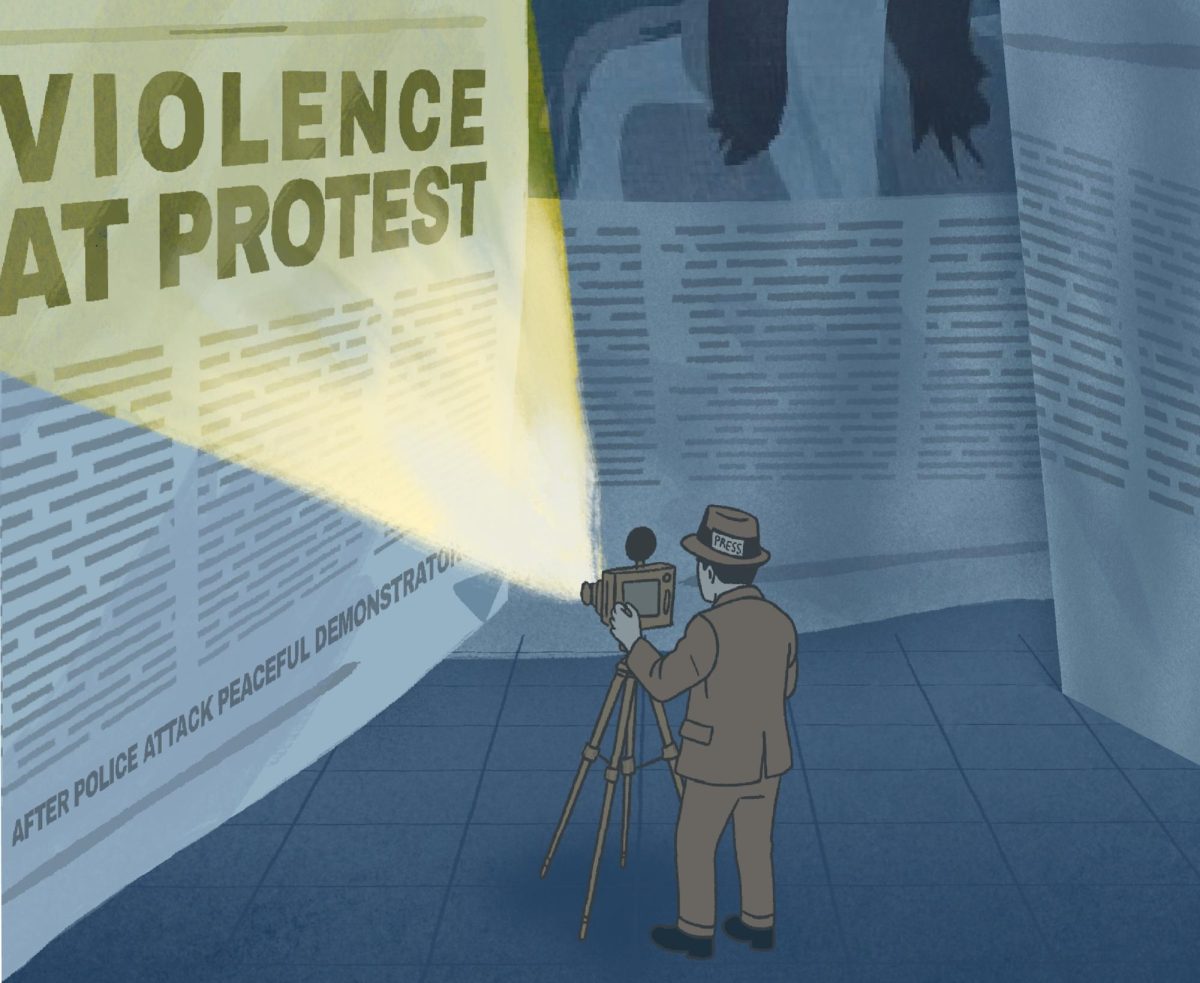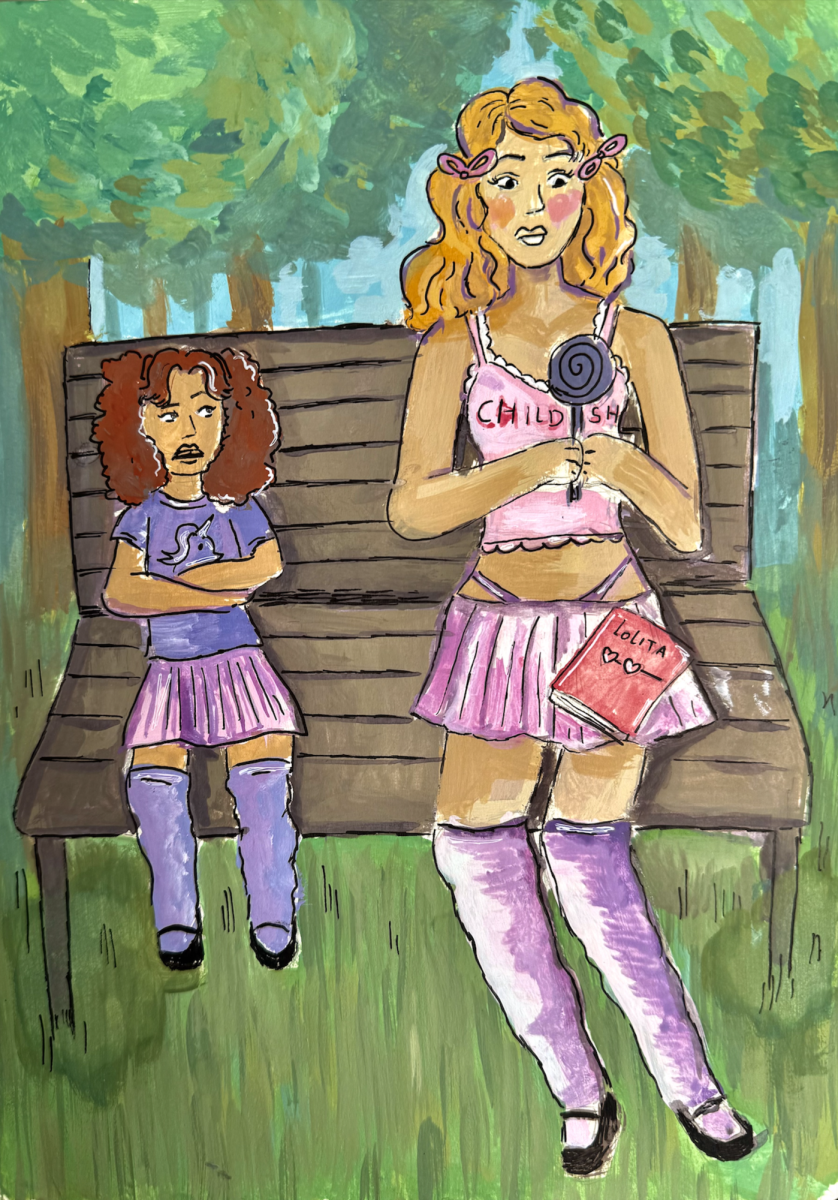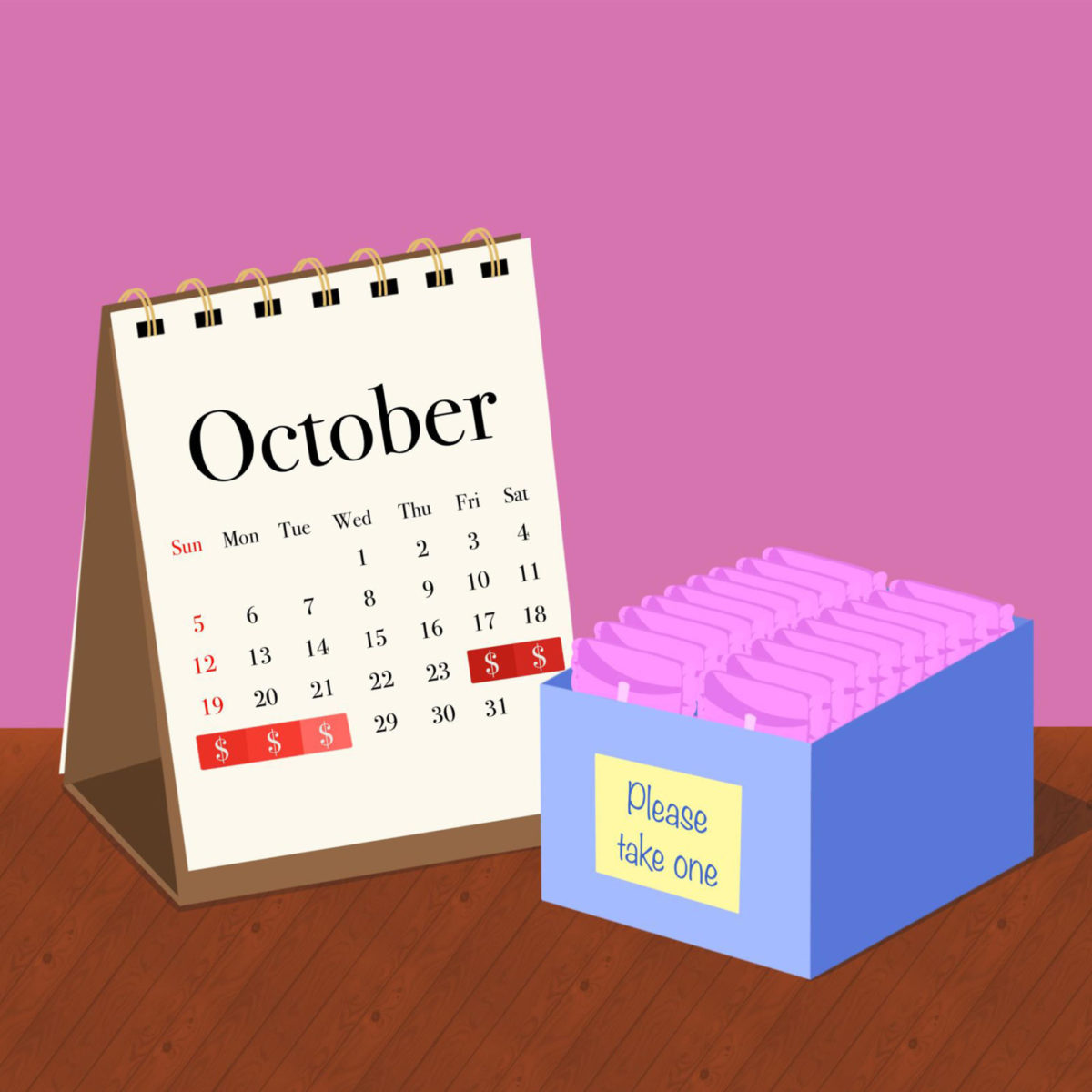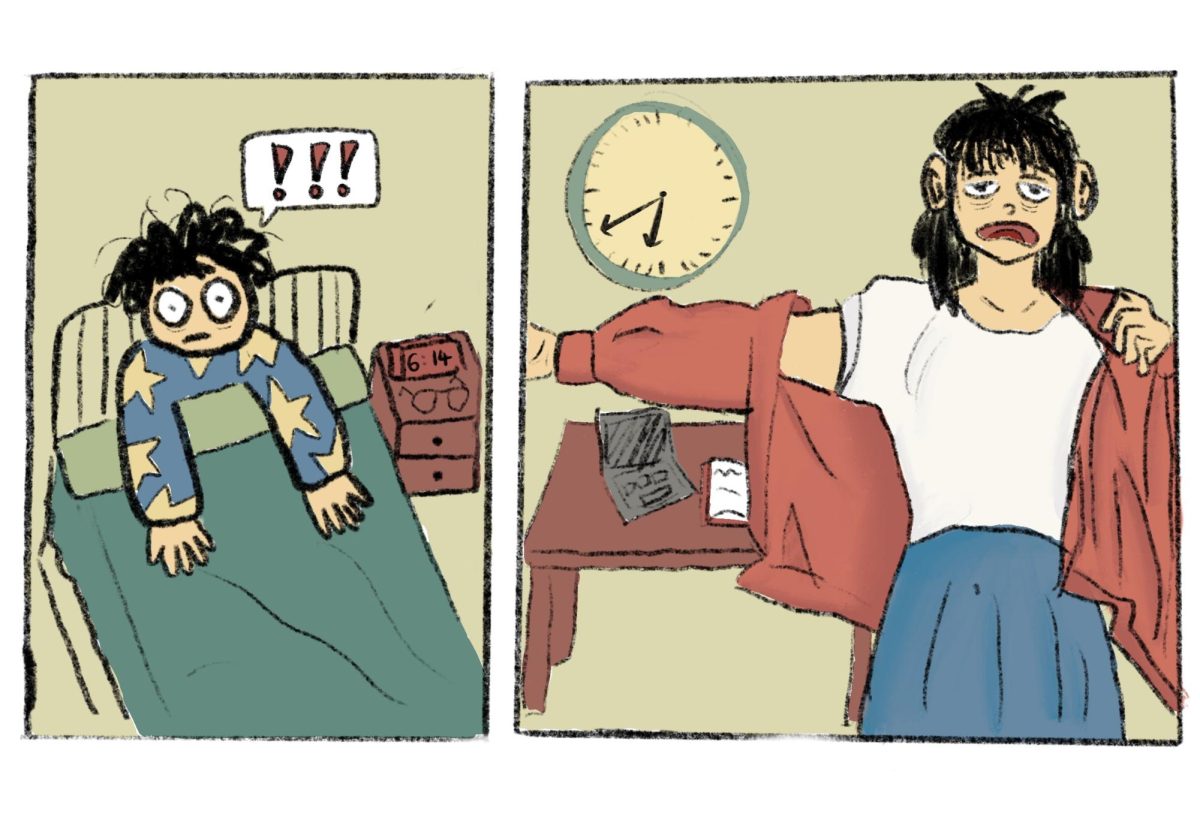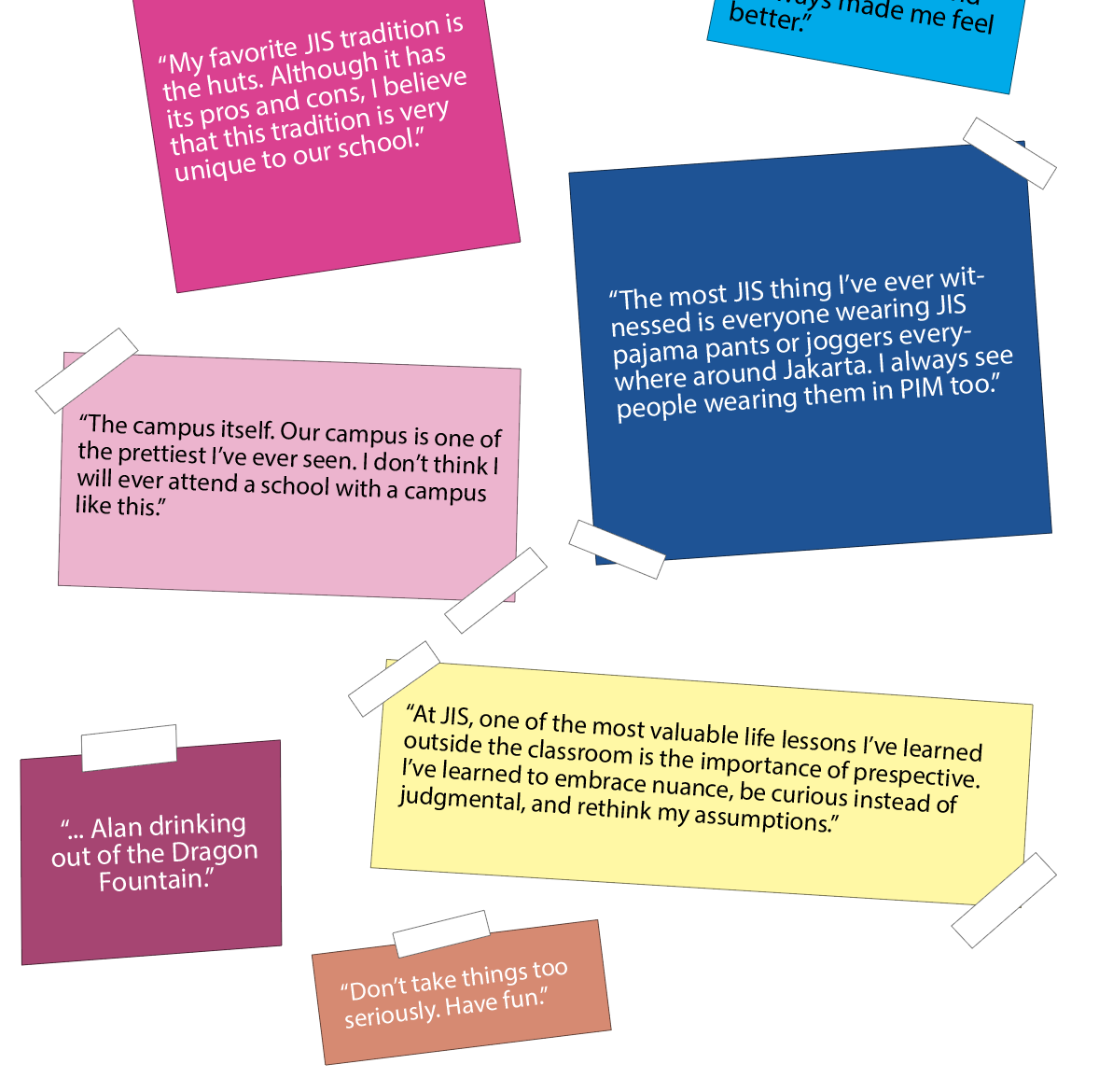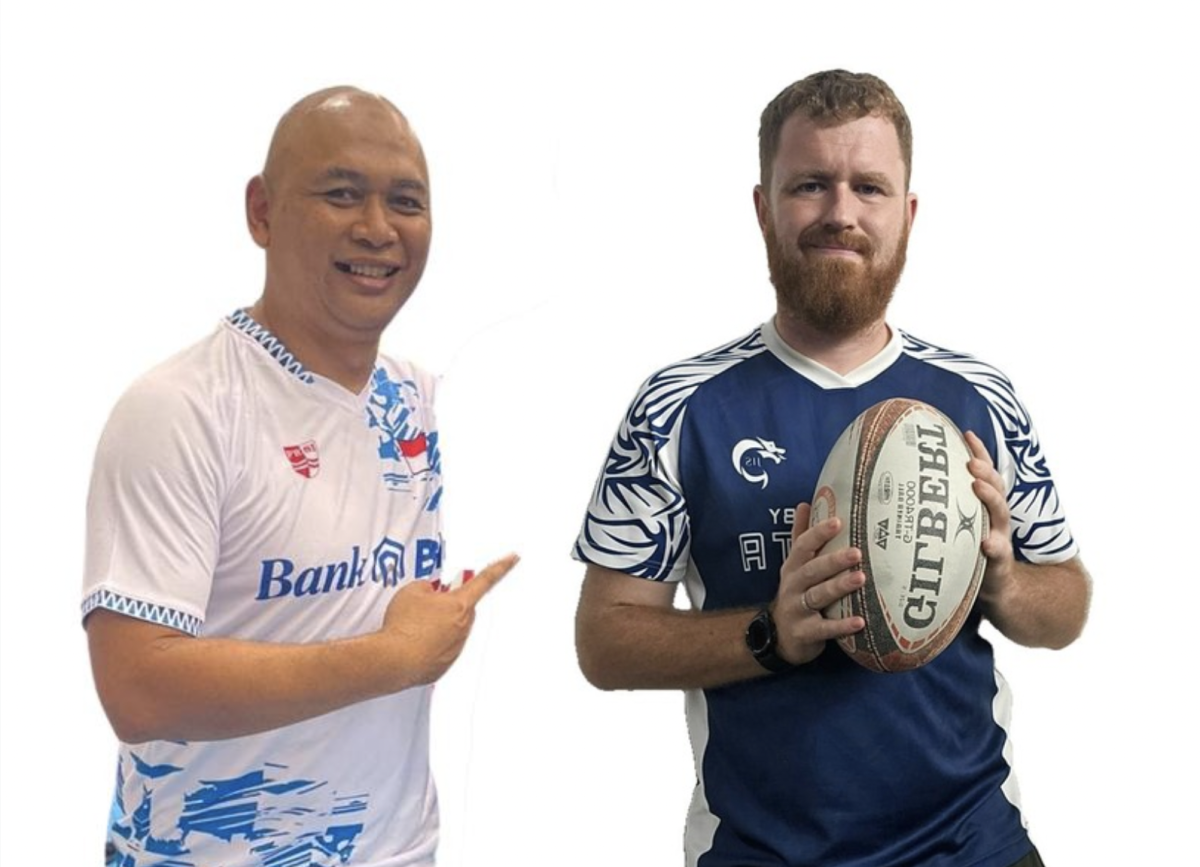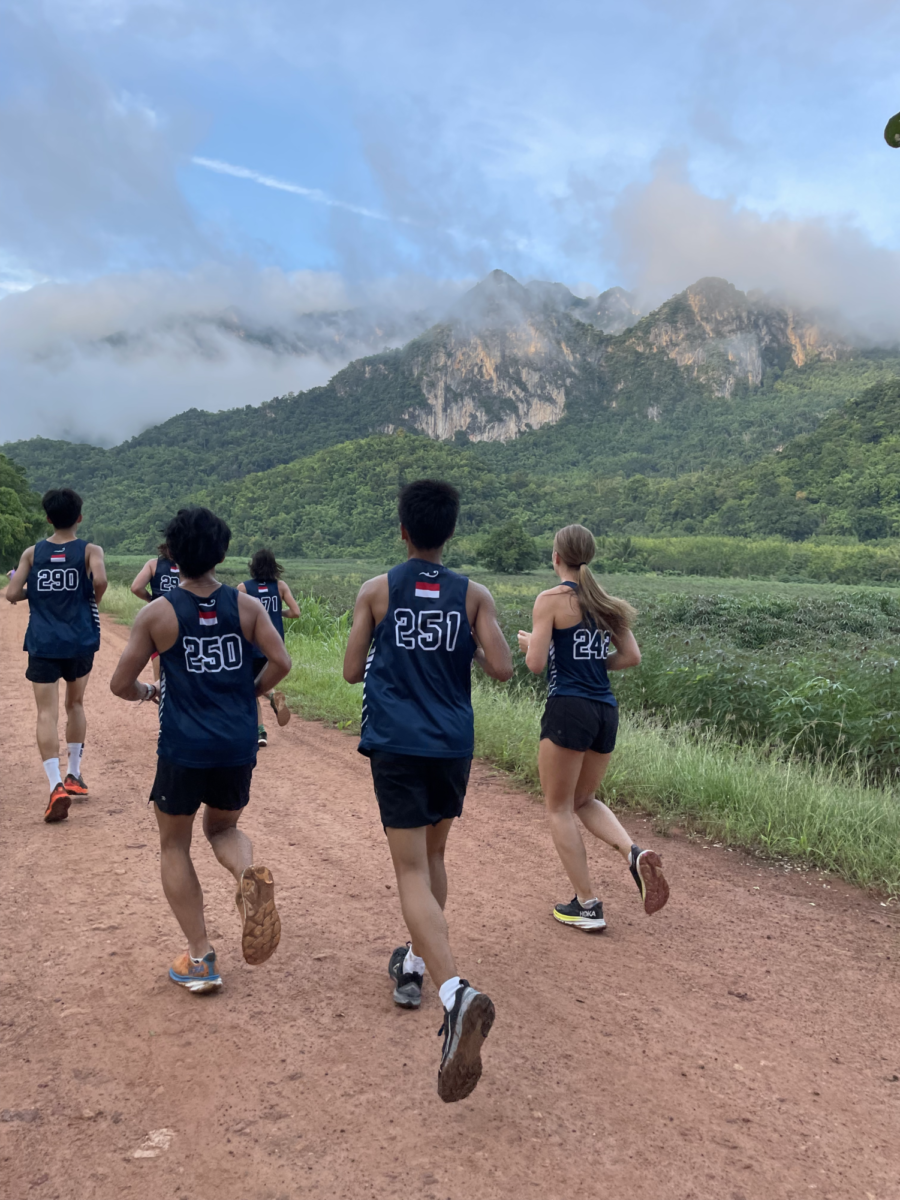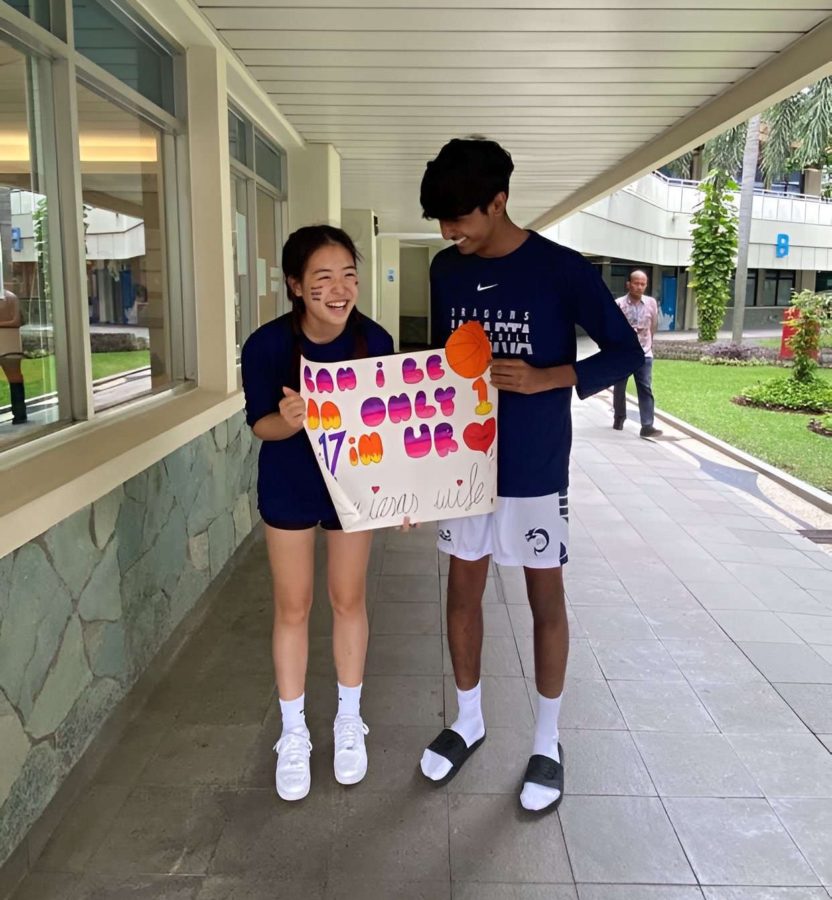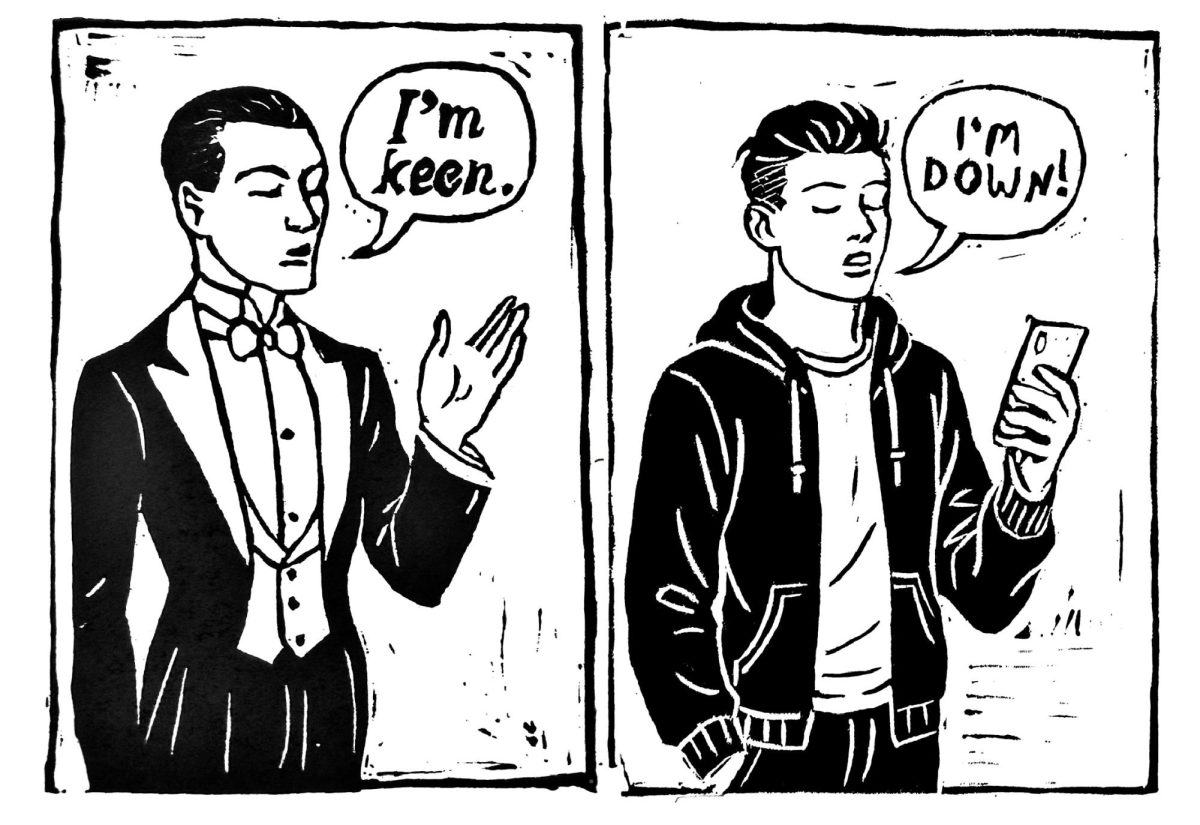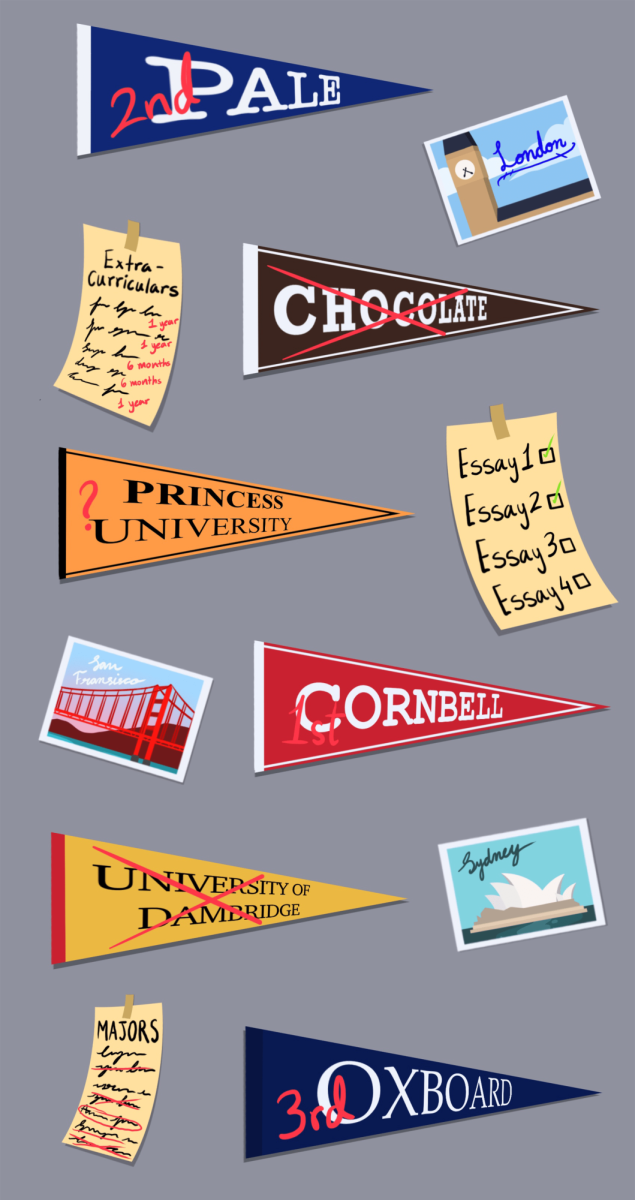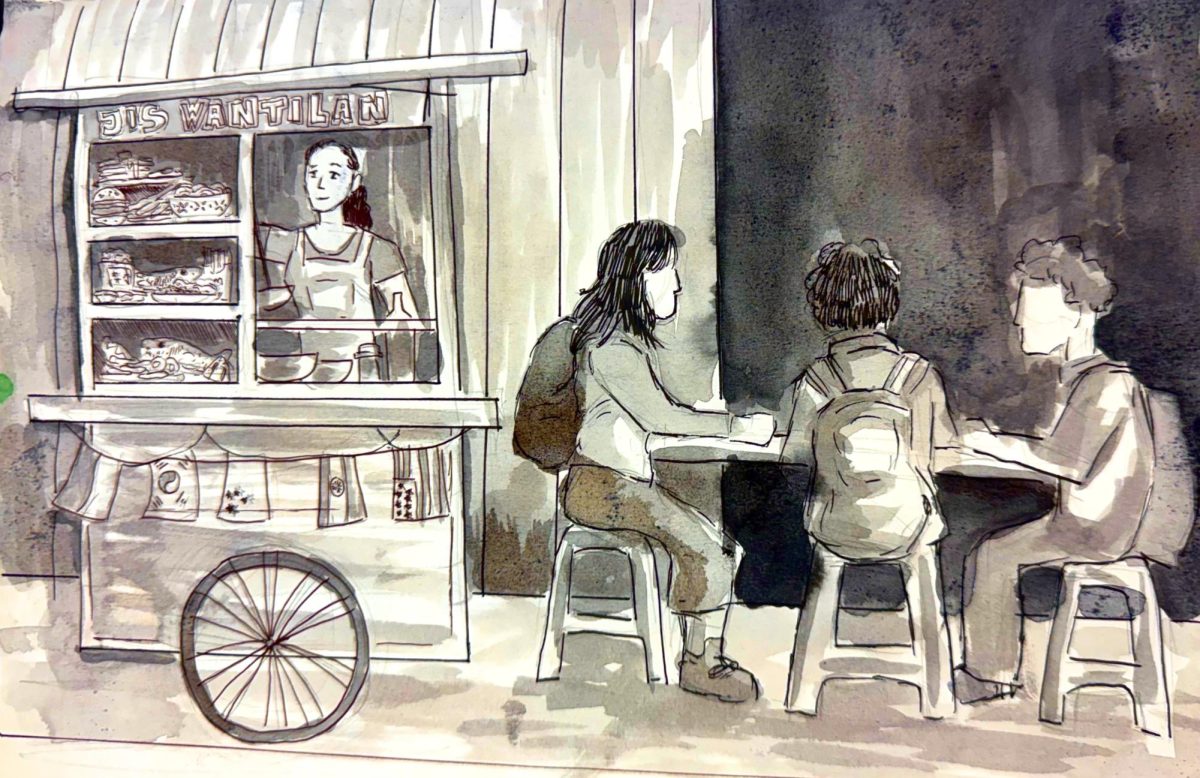In the initial years of high school, laying a strong foundation for college applications is crucial. This article offers strategic tips for freshmen and sophomores to ease the burden of college applications prior to junior and senior years.
FRESHMAN YEAR
1. GPA Misconceptions
A common misconception that many students tend to have is that grades in the first year of high school are not as crucial or scrutinized by universities. However, from the onset of freshman year, every grade counts towards a cumulative GPA, a critical component of college applications.
Achieving a strong GPA as a freshman can also provide a buffer for later years when students encounter the rigorous demands of Advanced Placement (AP) and International Baccalaureate (IB) courses. While common for grades to fluctuate as students adjust to the increased workload and complexity of these courses, having a solid GPA foundation can help alleviate some pressure. It can also assist in maintaining eligibility for prestigious programs like the JIS National Honor Society (NHS), which often requires a minimum GPA for membership consideration.
2. Leadership Engagement
While many students wait until sophomore or junior year to pursue leadership roles such as Class Council or Student Activities Board, starting early can provide a competitive edge. For instance, freshmen who join clubs and show active participation set themselves up for potential leadership positions in their sophomore or junior years. This early involvement is crucial, especially for leadership spots like service club officers, which can quickly fill up by the time students reach their junior or senior year.
Furthermore, such early involvement is instrumental when applying to programs that require evidence of leadership, like the NHS and JIS Student Ambassador Team. Application form questions often probe for an individual’s qualities, strengths, and experiences as a leader. While engaging in other experiences outside of school is completely acceptable, having a history of leadership from freshman year at JIS can significantly bolster one’s responses and overall application profile.
SOPHOMORE YEAR
1. University Research
While university research is traditionally emphasized in junior year, starting this exploration as a sophomore can significantly advantage students. Early research into potential universities, their specific program requirements, and unique offerings enable students to make informed decisions well ahead of application deadlines. This proactive approach aids in not only compiling a list of prospective universities but also in understanding how JIS credits align with university expectations.
For example, the College of Engineering at Cornell University currently requires four years of mathematics with specific courses in algebra, geometry, and calculus to ensure students have the necessary quantitative and analytical skills for future engineering studies. Meanwhile, only two years of mathematics is required for JIS high school graduation requirements. As such, discovering potential mismatches between JIS credits and university course requirements early on can save students from the dilemma of trying to meet these prerequisites in the limited time of junior and senior years.
2. Teacher Recommendation Letters
Sophomores should carefully consider their AP and IB course selections, especially how these align with their intended college majors and the possibilities for obtaining meaningful teacher recommendations. Given the two-year duration of IB courses, they allow for a deeper engagement in subjects related to one’s intended major, thus providing teachers with ample observation time to vouch for a student’s capabilities and interests. In contrast, the one-year span of AP courses necessitates strategic planning, particularly for subjects directly tied to the student’s prospective major. For example, a student aiming for a psychology major should consider taking AP Psychology in their junior year instead of their senior year. This timing ensures that recommendation letters can be written after the course is fully completed. By doing so, students have the opportunity to build stronger connections with their teachers, increasing the likelihood of obtaining a detailed and comprehensive recommendation letter by the onset of senior year.

